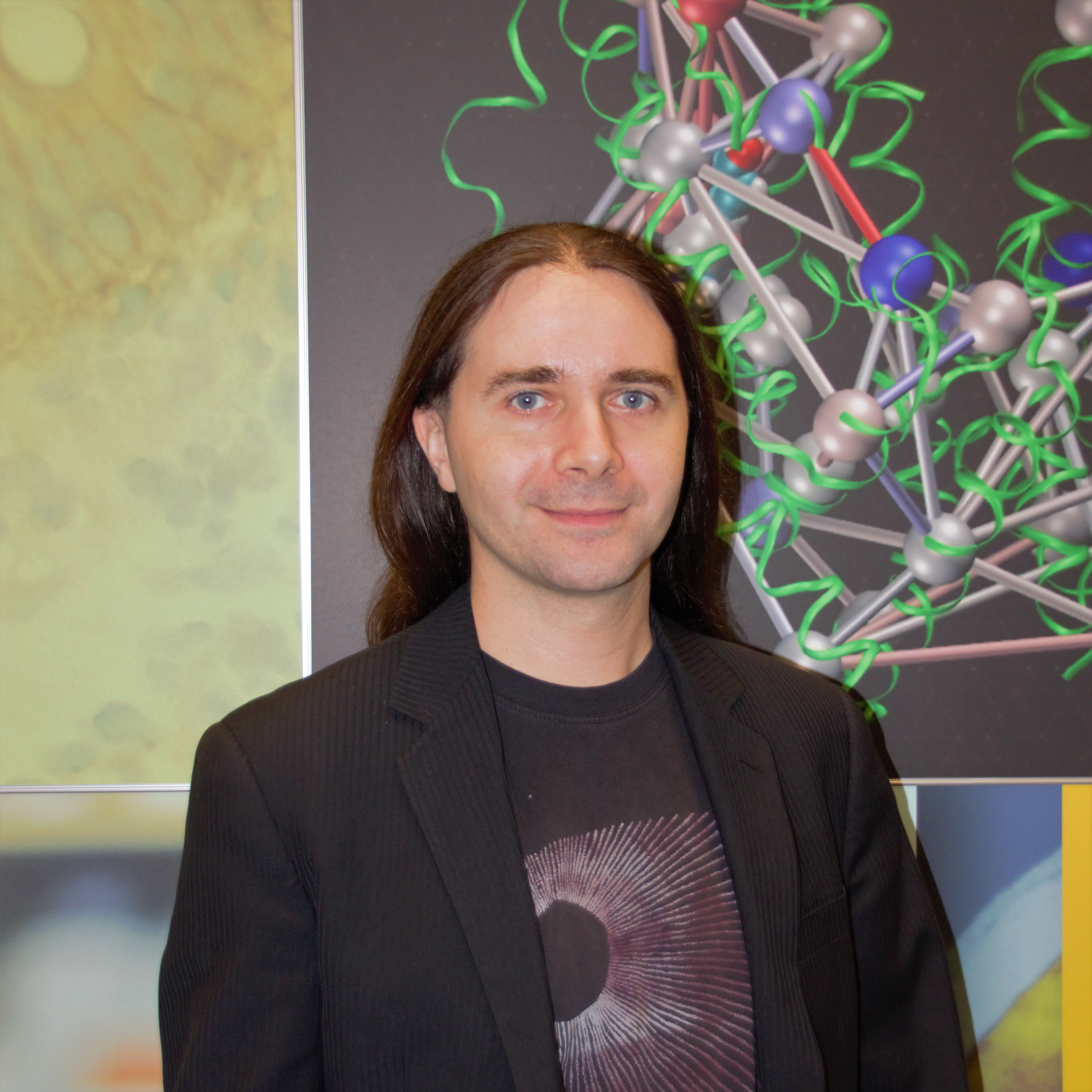Konstantinos Vogiatzis, Associate Professor, The University of Tennessee, Knoxville
Coupling Electronic Structure Theory with Machine Learning for Chemical Applications
The Department of Chemistry Presents, via online Zoom Presentation: Konstantinos Vogiatzis, Associate Professor, The University of Tennessee, Knoxville
Dr. Vogiatzis' recent efforts on the development of new computational methods that couple quantum chemistry with machine learning will be discussed. First, a novel molecular fingerprinting method based on persistent homology, an applied branch of topology, that can encode the geometric and electronic structure of molecules for chemical applications will be presented. The Vogiatzis Group has demonstrated its applicability on studies on non-covalent interactions between functional groups of materials and small molecules. The functional groups with enhanced CO2-philic groups can be introduced in the next generation of polymeric membranes with enhanced CO2/N2 separation performance. A short discussion on the applicability of the novel molecular fingerprinting method in catalysis and lanthanide separation will be given.
Second, the Vogiatzis' Group has developed a novel approach based on machine-learning algorithms and data that accelerates the convergence of computational chemistry methods. The Vogiatzis' Group method uses quantum chemical data in order to learn correlated wave functions and provide highly accurate electronic energies with less computational effort. They have tested their data-driven method on the coupled-cluster singles-and-doubles (CCSD) level of theory. The data-driven CCSD (DDCCSD) is not an alchemical method since the actual iterative coupled-cluster equations are solved. DDCC provides a remarkable speed-up while it offers transferability from small molecules to larger molecular clusters.
Research
Dr. Vogiatzis' research centers on the development of computational methods based on electronic structure theory and machine learning algorithms for describing chemical systems relevant to green chemistry. They are particularly interested in new methods for non-covalent interactions and bond-breaking reactions of small molecules with transition metals. The overall objectives are to elucidate the fundamental physical principles underlying the magnetic, catalytic, and sorption properties of polynuclear systems, as well as to assist in the interpretation of experimental data.
BIO
Konstantinos "Kostas" Vogiatzis completed his bachelor’s degree in chemistry at the University of Athens, Greece, in 2006. In 2008, he obtained his MSc in Applied Molecular Spectroscopy from the University of Crete, Greece, and he received his Ph.D. in 2012 from the Karlsruhe Institute of Technology, Germany. After an eight-month post-doctoral appointment at the Institute of Nanotechnology at the Karlsruhe Institute of Technology, he moved in 2014 at the University of Minnesota, where he performed post-doctoral research at the group of Prof. Laura Gagliardi. In 2016, Dr. Kostas Vogiatzis joined the University of Tennessee, Knoxville, as an Assistant Professor of theoretical and computational chemistry and in 2021 he was early tenured and promoted to Associate Professor. His research group is currently developing new computational methods based on electronic structure theory and machine learning for the theoretical examination of reactivity, catalysis and separation processes. Kostas is the recipient of the 2020 Ffrancon Williams Endowed Faculty Award in Chemistry, the ACS OpenEye Outstanding Junior Faculty Award for Spring 2021, and the 2021 NSF CAREER award.
Link to Dr. Konstantinos Vogiatzis' Website
kvogiatz![]() utk [dot] edu (kvogiatz[at]utk[dot]edu)
utk [dot] edu (kvogiatz[at]utk[dot]edu)

